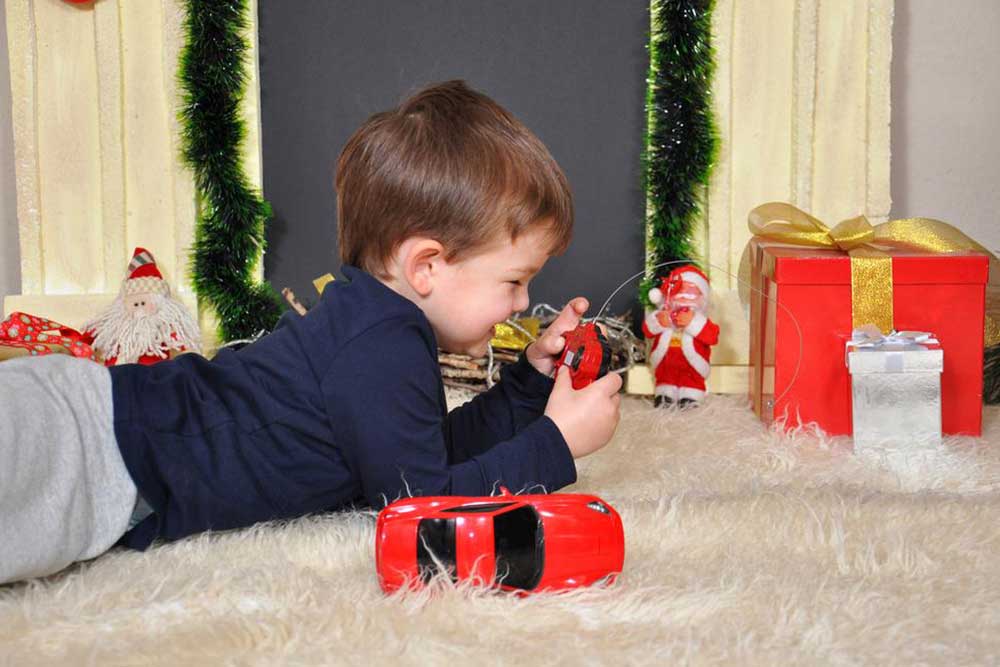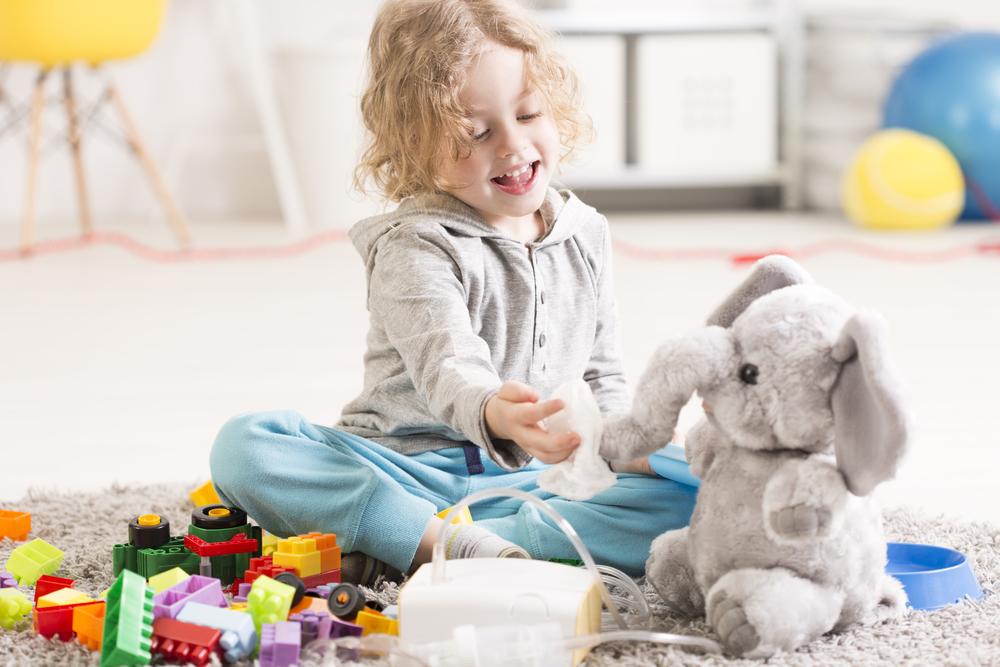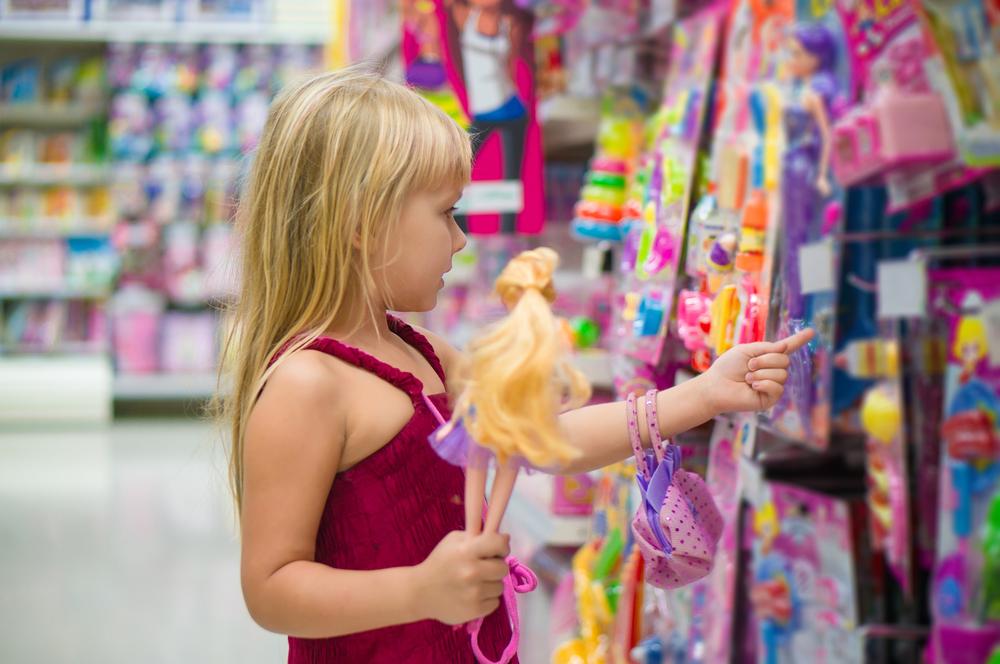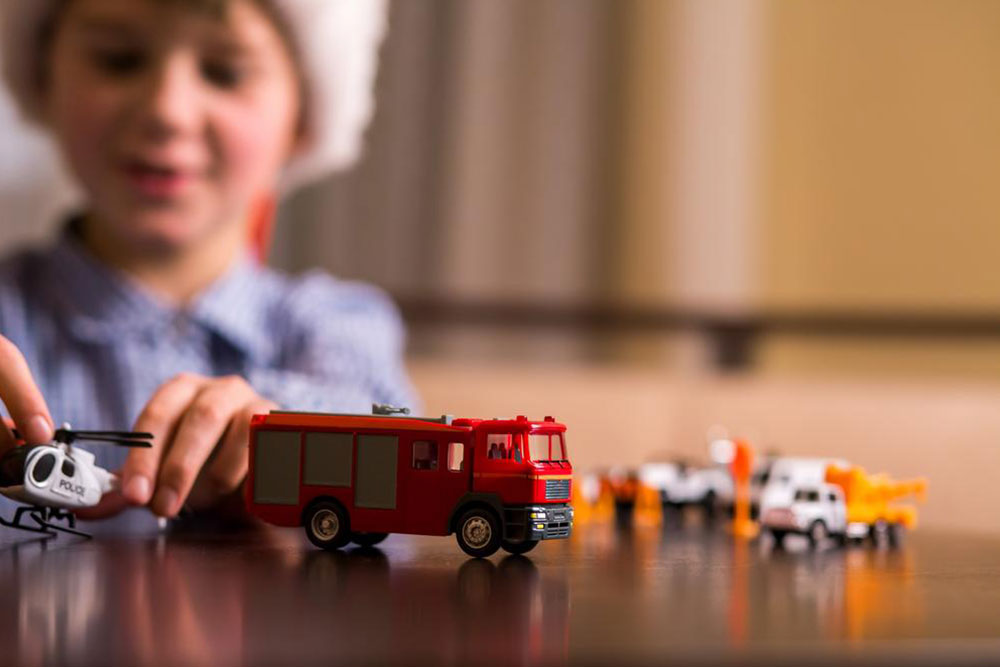Comprehensive Guide to Choosing the Right Toys for Your Child's Development
Discover a comprehensive guide to selecting the perfect toys for your child's growth. Learn how to choose age-appropriate, safe, and educational toys that promote sensory development, motor skills, creativity, and learning at every stage—from infancy to preschool. This detailed guide offers practical tips for parents seeking to foster their child's development through engaging play, ensuring safety and excitement in every educational toy selection.
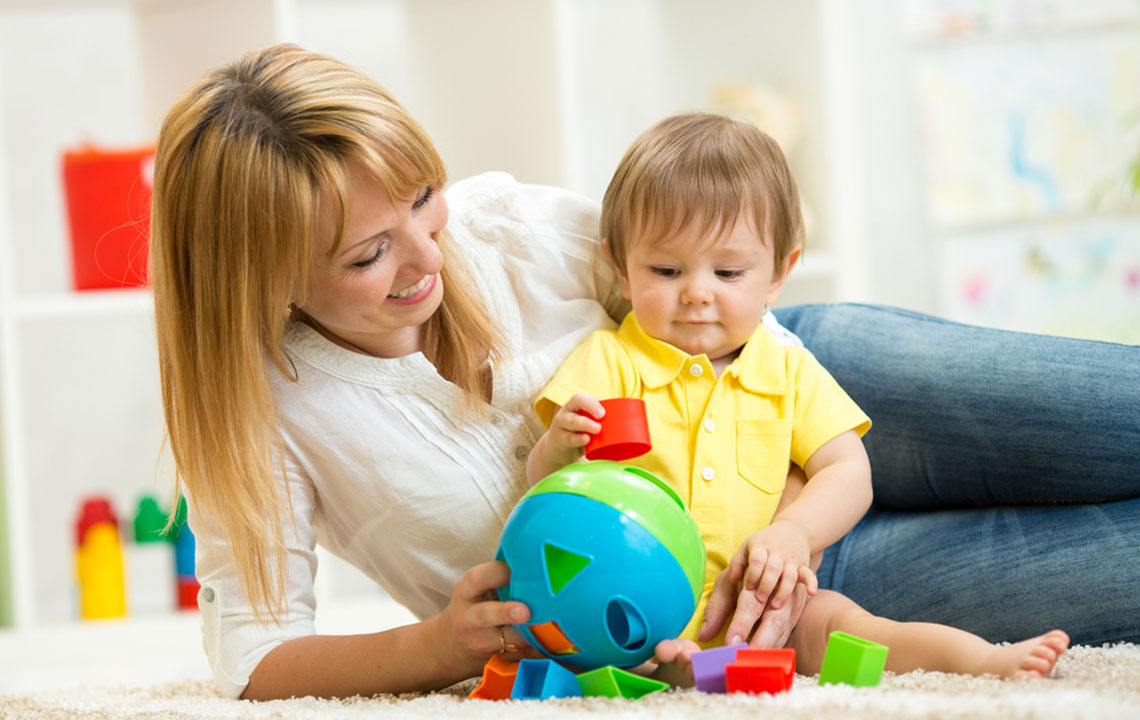
Comprehensive Guide to Choosing the Right Toys for Your Child's Development
Selecting the perfect toys for your child is a crucial part of nurturing their growth and development. With an overwhelming variety of toys available in the market, parents often face the challenge of identifying which toys are most suitable for their child's specific age and developmental needs. An informed approach involves understanding your child's developmental stages and choosing toys that support their physical, cognitive, and emotional growth. This guide aims to provide detailed insights into selecting age-appropriate and educational toys that foster learning, creativity, and motor skills at every stage of childhood.
Toddler (0-12 Months): Sensory and Safety First
During the first year of life, a child's senses are rapidly developing. Toys for infants in this stage should predominantly focus on sensory engagement and safety. Soft plush toys with different textures stimulate tactile senses, while brightly colored mobiles encourage visual tracking and focus. Rattles and crinkle toys provide auditory stimulation and help develop listening skills. Safety is paramount, so choose toys that are free of small parts to prevent choking hazards, made from non-toxic materials, and suitably lightweight for infants to handle easily. These toys not only entertain but also promote early sensory processing, eye-hand coordination, and emotional security.
Toddler (12-24 Months): Developing Motor Skills and Curiosity
As children transition into their second year, their motor skills become more refined. Toys that promote movement, coordination, and active exploration are ideal. Push toys and ride-on vehicles encourage walking and balance, while stacking rings and nesting cups enhance hand-eye coordination and fine motor skills. Creativity and problem-solving are also beginning to blossom, so incorporating simple puzzles and shape sorters into playtime helps develop critical thinking. Encouraging exploratory play also nurtures curiosity, independence, and spatial awareness. Safety remains essential, so ensure toys are sturdy and designed for rough handling typical of toddlers.
Preschool Age (24-36 Months): Educational and Imaginative Play
For children aged 2 to 3 years, play becomes increasingly complex, fostering both learning and imagination. Educational toys like puzzles with larger pieces, age-appropriate board games, and alphabet blocks support early cognitive development and literacy skills. Pretend play sets, such as kitchen kits, doctor kits, or costume costumes, stimulate imaginative play and social skills, allowing children to mimic real-life scenarios, develop empathy, and understand the world around them. Artistic supplies like crayons, coloring books, and clay enhance fine motor skills and creativity. While selecting toys for this age, durability and safety are critical. Choose items free of harmful chemicals and ensure they comply with safety standards.
Additional Tips for Parents
Beyond age appropriateness, consider your child's unique interests and personality traits when selecting toys. Engaging play is more meaningful when children are motivated and excited about their toys. Rotate toys periodically to keep their interest alive and introduce new challenges as their skills develop. Always supervise playtime, especially with new or complex toys, to ensure safety. Remember that Toys are tools to inspire growth—pair them with adequate supervision and encouragement to maximize developmental benefits.
Conclusion
Choosing the right toys is a foundational element of supporting your child's development. By understanding each developmental stage and selecting toys that promote sensory development, motor skills, imagination, and learning, parents can effectively nurture their child's growth while making playtime enjoyable and safe. The key is to balance fun with educational value and safety considerations, making play a positive experience that encourages curiosity, creativity, and independence at every stage of childhood.
